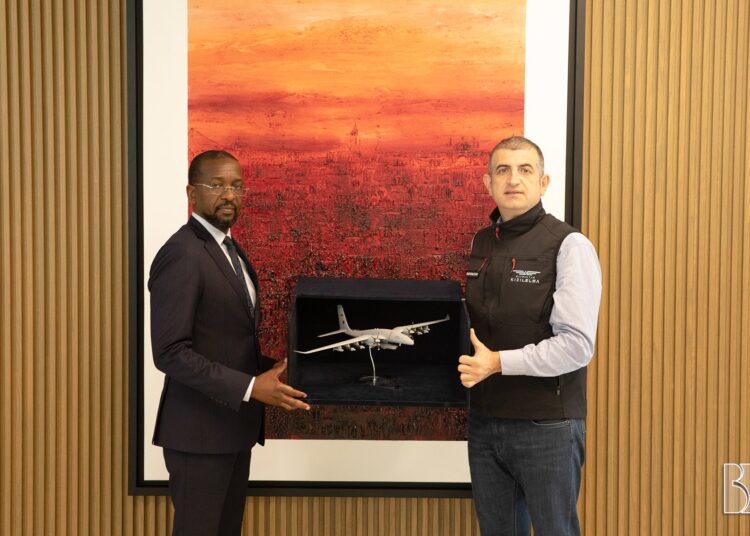Levent Kenez/Stockholm
Turkey is continuing its efforts to increase its share in the African arms market, most recently signing cooperation agreements with Mozambique in the military and defense industry sectors.
Mozambican Minister of Defense Cristóvão Artur Chume made an official visit to Turkey from September 4 to 9, during which he had discussions with his Turkish counterpart and conducted site visits to prominent Turkish defense contractors.
Chume met first with Turkish Defense Minister Yaşar Güler, culminating in the signing of a military framework agreement between Mozambique and Turkey.
The framework agreements Turkey signs with other countries generally outline cooperation in the military sector. They cover joint exercises, non-combat operations (such as peacekeeping, humanitarian aid and counter-piracy efforts) as well as collaboration in the defense industry. The agreements also involve sharing military intelligence, logistical support and exchanging resources, either as grants or through payment. Such agreements include provisions to protect classified information and property rights, ensuring a secure and responsible partnership.
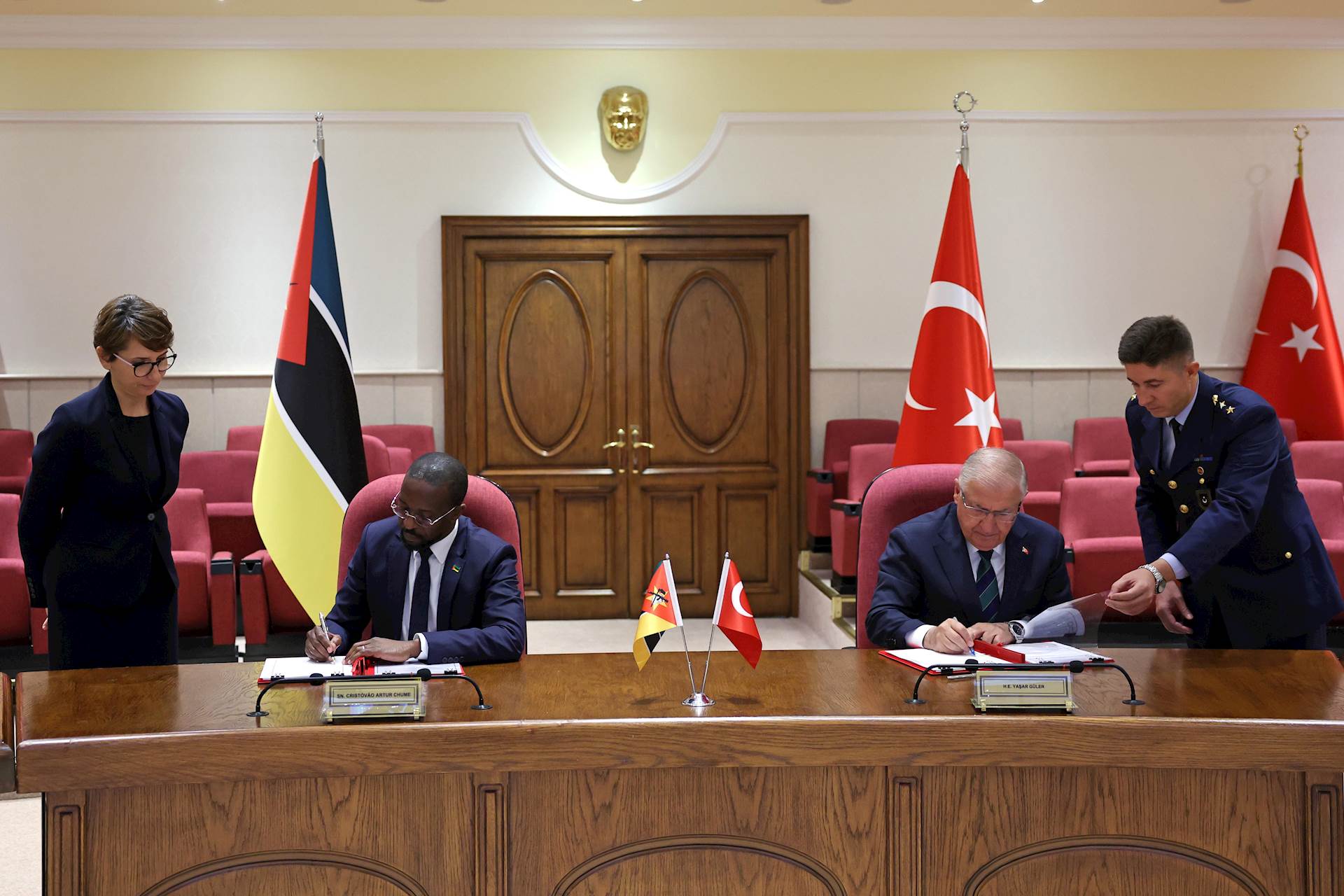
The Mozambican delegation then proceeded to visit the Presidency of the Defense Industry (SSB). Following the inter-delegation meeting, SSB President Haluk Görgün and Chume signed a defense industry cooperation agreement that outlines the fundamental principles of collaborative defense industry activities to be undertaken between the two countries.
The Turkish government attaches importance to signing these routine agreements before sales so that confidential information is protected, copyright is guaranteed, the legal framework is determined, the visits of authorized personnel are based on an official justification and the technical service costs are covered by the recipient country.
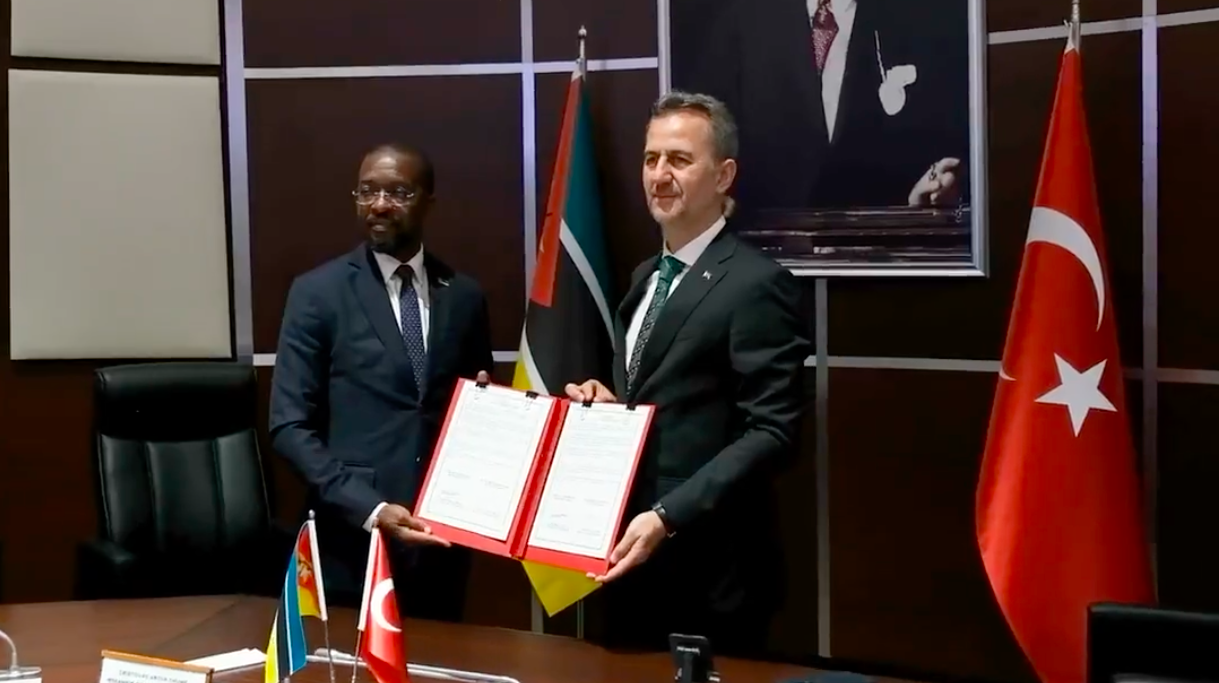
The Mozambican delegation also paid a visit to Baykar, a drone manufacturer led by Selçuk Bayraktar, who is Turkish President Recep Tayyip Erdogan’s son-in-law. Baykar has secured significant contracts not only with the Turkish government but also with foreign countries, largely due to the substantial support it receives from Erdogan, who actively advocates for the sale of drones to the Turkish Armed Forces and other countries, contributing to Baykar’s success in both domestic and international markets.
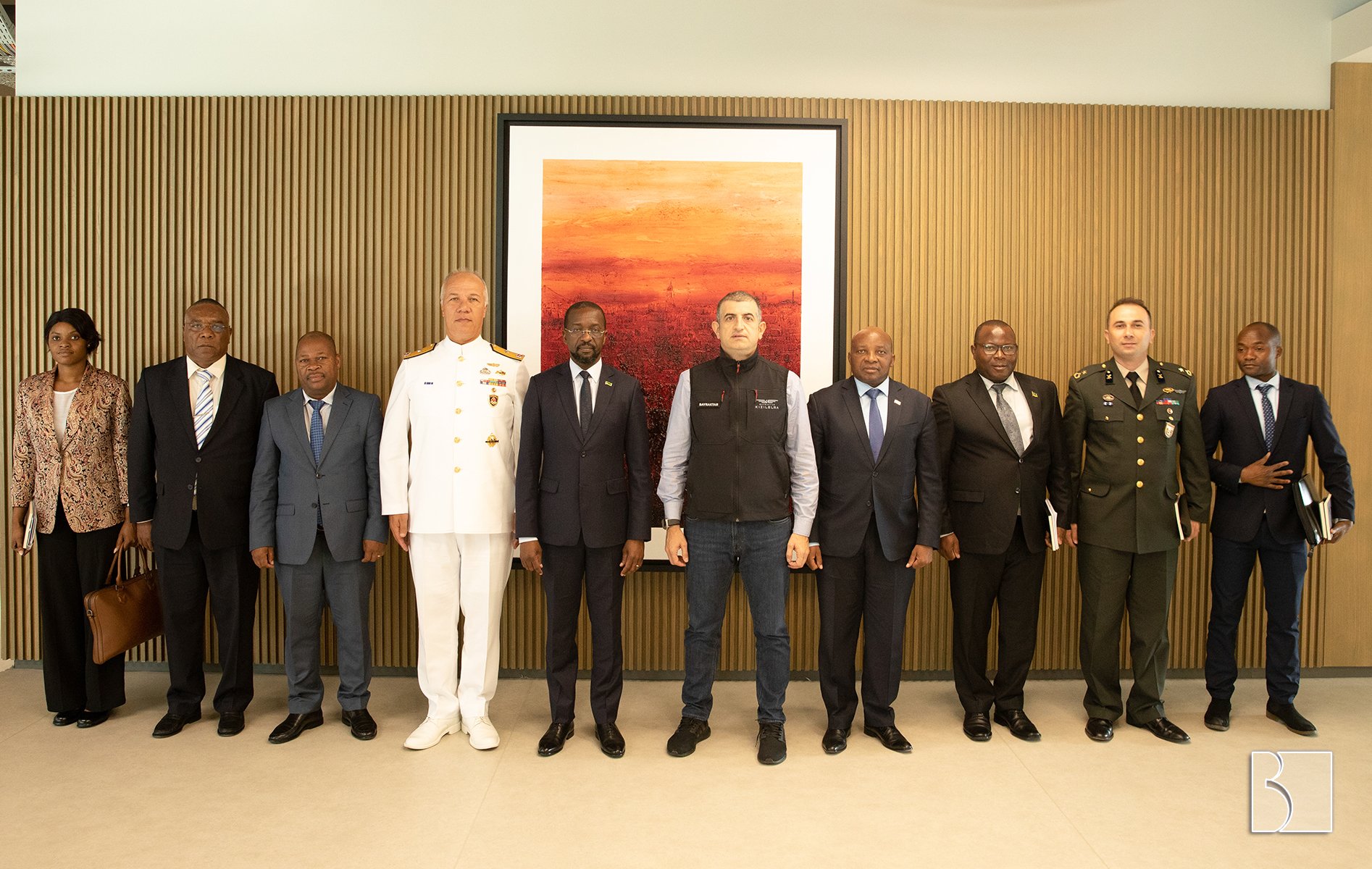
There were allegations in 2021 that Baykar had supplied 12 drones to Rwanda to support efforts in combating groups affiliated with the Islamic State in Iraq and Syria (ISIS) in Mozambique. Despite it having not been officially confirmed, however, the increase in trade volume with Rwanda adds credibility to these claims. Local Mozambican media reported that it indicated a need for drones in the fight against insurgent groups hiding in forested areas in the country.
The delegation additionally visited state-owned defense contractor Aselsan, known for its diverse product range encompassing communication and information technologies, radar and electronic warfare, electro-optics, avionics, unmanned systems, land and naval equipment, air defense and missile systems and command and control systems as well as solutions for transportation, security, traffic management, automation and healthcare technologies.
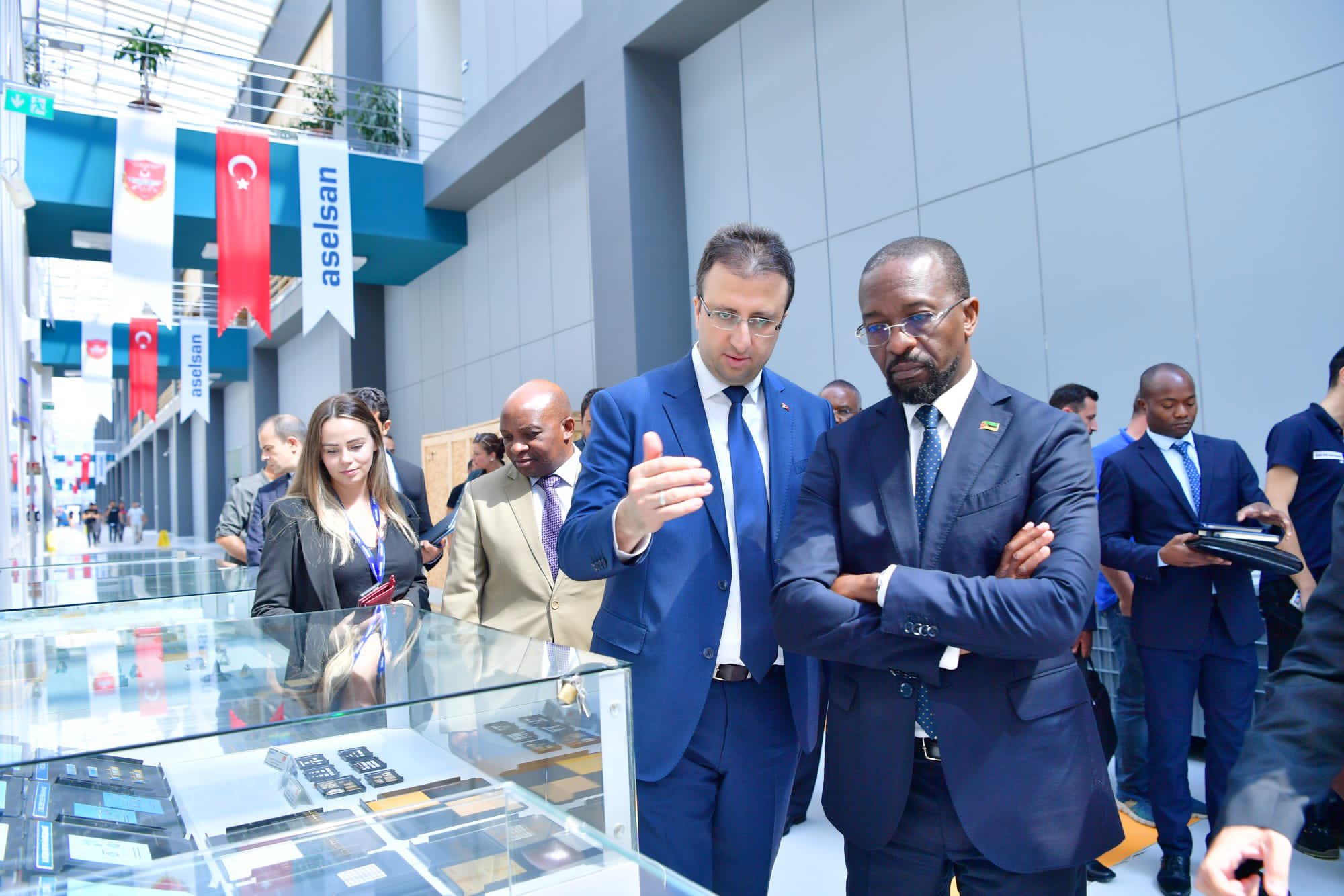
According to the state-run Anadolu news agency, Chume said they were impressed by the level of advancement achieved by the Turkish defense industry. He also conveyed Mozambique’s desire to consider Turkey a strategic partner.
African countries are increasingly attracted to Turkish weapons, particularly drones, due to the ease and efficiency of the sales procedures and approval processes.
Turkey does not put forward any political or human rights conditions in the sale of weapons and ammunition. This is convenient for African countries that have to complete lengthy, complicated procedures and secure permission from their respective parliaments to buy weapons from Western partners. Another contributing factor is that many companies operating in the defense industry are owned by businessmen close to President Erdoğan’s inner circle.
Turkey’s drone sales have been highlighted in UN reports for their alleged violations of the embargoes in Libya and Somalia in recent years.
Turkey-Ethiopian military relations came to the international agenda after the Ethiopian army on January 7 hit a primary school building filled with children, women and elderly men with drones bought from Turkey. At least 59 civilians were killed and dozens more were injured in the attack. Up until that time, Turkey was not known to have sold drones to Ethiopia. Weapons remnants recovered from the site were determined to be MAM-L (smart micro munition) guided bombs produced by Turkey’s Roketsan and paired exclusively with Turkish-made Bayraktar drones.
The Turkish defense and aerospace sector achieved $4.3 billion in exports in 2022, marking significant growth of approximately 36.9 percent compared to its 2021 record of $3.2 billion. Baykar remained the top exporter in the sector, reporting $1.18 billion in exports in 2022. Other leading exporters included TAI, Kale Pratt & Whitney, Turkish Technic and BMC.

Qatar, the United Arab Emirates, the Philippines, Poland, Rwanda, India, Burkina Faso and Azerbaijan are top buyers.
In terms of export categories, notable areas included unmanned aerial vehicles (UAVs), ammunition and missile systems, land vehicles, turbojet/turbo propellers, aircraft components, hunting rifles, firearms, weapons turrets and military helicopters.

